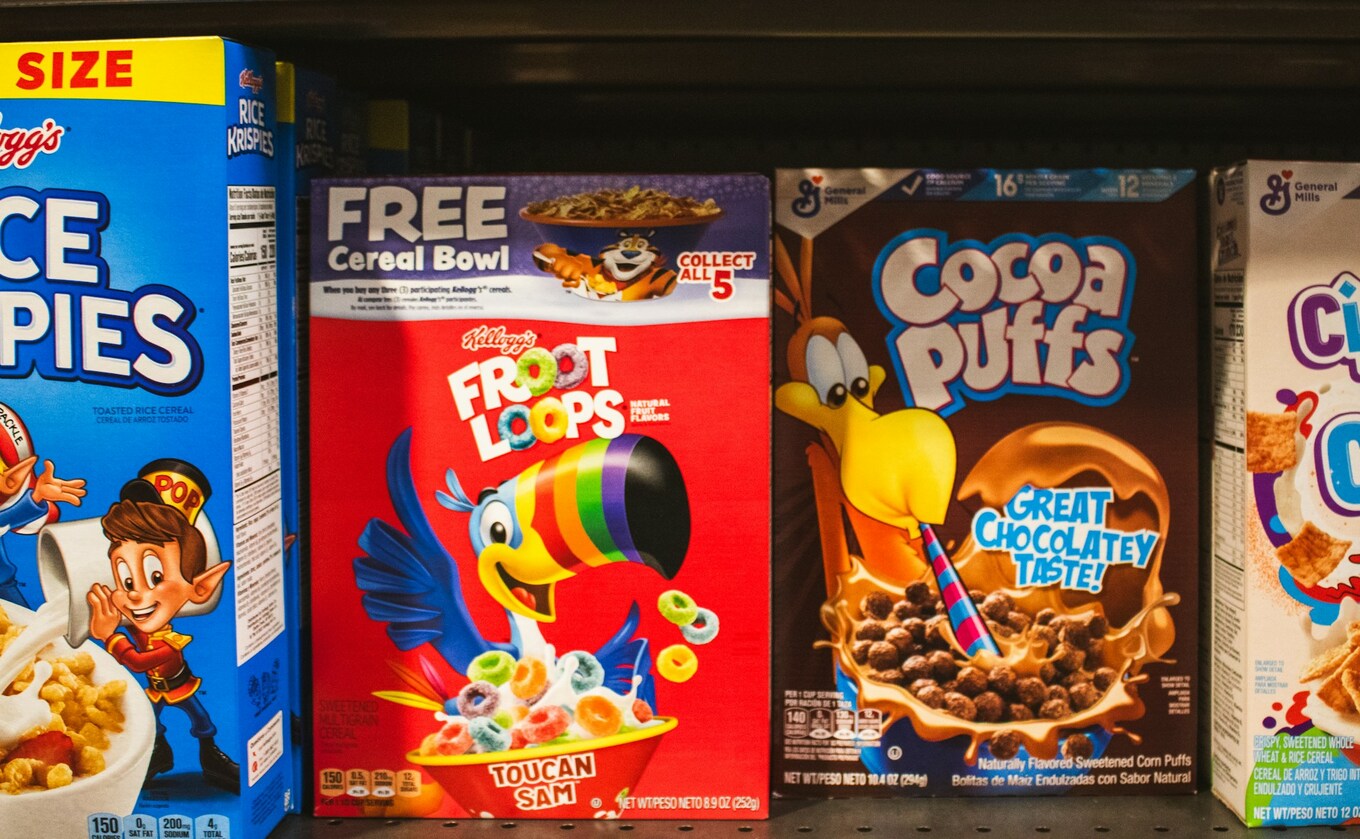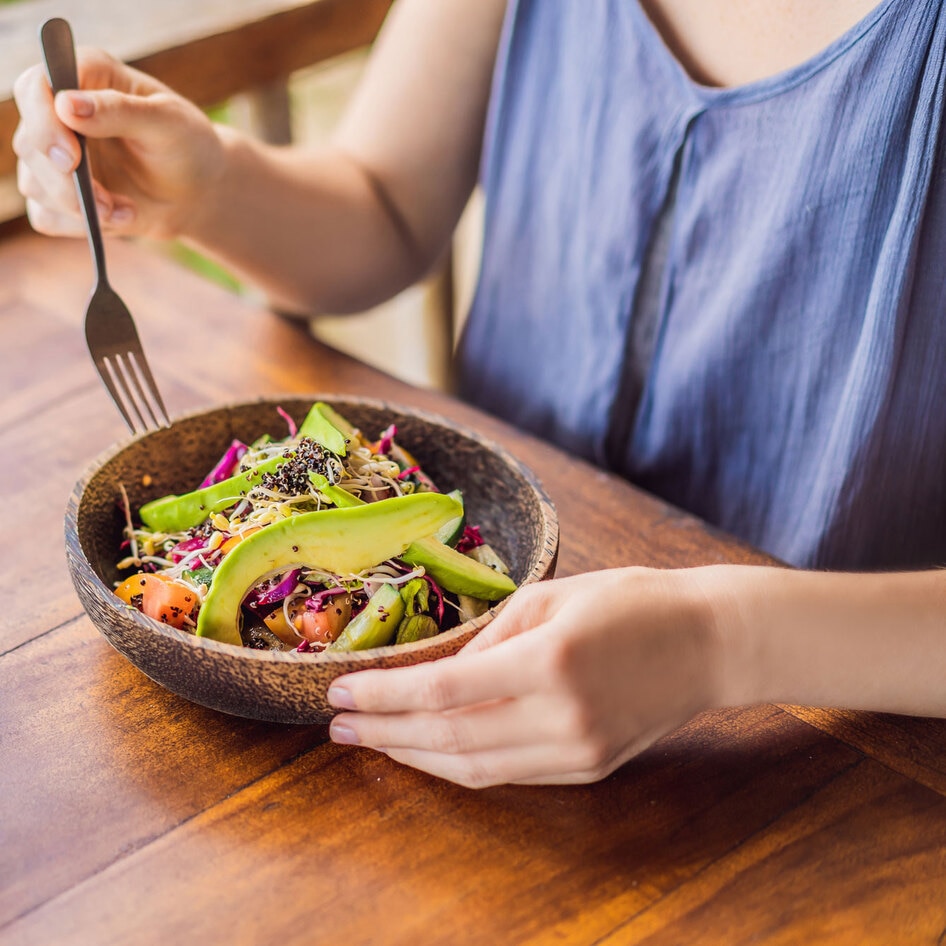Cereal has always been loved by children, and it’s not surprising. Many of the options on the market are sweet, colorful, and promoted by fun, friendly mascots; think Lucky the Leprechaun, who has been encouraging kids to eat more Lucky Charms since the 1960s, or Tony the Tiger, the iconic symbol of Kellogg’s Frosted Flakes.
In most cases, these high-sugar options are aimed directly at children under the age of 12, research suggests, and the targeted marketing works. In February 2025, a study published in the American Journal of Preventive Medicine examined data from 77,000 American households over nine years, and found that if sugary cereal advertising is aimed at children, their parents buy more of it.
 Unsplash
Unsplash
But there is a downside to the fun, sweet cereals that small children love. They’re increasingly full of sugar, preservatives, and artificial flavorings that could be seriously harming their health.
A new analysis published in JAMA Network found that newly launched cereals, released between 2010 and 2023, had higher concentrations of fat, sugar, and sodium, as well as fewer beneficial nutrients, like fiber and protein. The research also suggested that a single serving of sugary cereal often exceeds 45 percent of the daily recommended added sugar limit for children outlined by the American Heart Association.
“These trends suggest a potential prioritization of taste over nutritional quality in product development, contributing to childhood obesity and long-term cardiovascular health risks,” states the analysis, which was led by Shuoli Zhao, PhD, of the University of Kentucky, and Qingxiao Li, PhD, of Louisiana State University.
Ultra-processed foods and the danger to children’s health
It’s not just cereal companies that target children. Fast-food chains like McDonald’s and Burger King, for example, also utilize mascots to market their food to young people. This plays a very important role in food psychology, as it instills the sense of nostalgia that keeps people coming back for more, even as adults.
In 2014, one study suggested that the mascots we love when we’re younger can impact our judgment of the food they endorse, even well into adulthood.
“Advertising to children might pay off for decades if you connect with them, and if they develop a strong emotional feeling for your characters,” Merrie Brucks, professor of marketing at the University of Arizona, said to The National Post. “What children learn when they’re really, really young stays with them—almost unquestioningly.”
 Getty
Getty
But a growing body of research shows that ultra-processed foods, which include sugary cereals and fast-food burgers, might be detrimental to the health and well-being of children and adults. One study, published in April 2025, suggested that for every 10 percent increase in the dietary share of ultra-processed foods, the risk of death increases by three percent. In total, ultra-processed foods are linked to around 32 different diseases.
The issue is nuanced, of course. Not all ultra-processed foods are as bad as others (think baked beans and hummus, for example, which offer nutritional value), and eating a few potato chips in moderation is unlikely to cause much harm.
BECOME A VEGNEWS VIP: Get exclusive product deals, freebies, and perks galore!
However, most people aren’t eating ultra-processed foods in moderation. Research suggests that 60 to 90 percent of the average American diet is made up of ultra-processed products. The reasons are complex, with factors like education and access to fresh, nutritious food playing a significant role.
But, as the newest research on cereals suggests, the problem isn’t just about personal choice or access—it’s also about how food companies shape our choices early on. By targeting children with enticing mascots and sweet flavors, they’re building long-term brand loyalty at the expense of long-term health. Recognizing the impact of early food marketing is a crucial step in reshaping our food environment—not just to protect children’s health today, but to secure a healthier future for all of us.
For more plant-based stories like this, read:
JUMP TO ... Latest News | Recipes | Guides | Health | Subscribe









